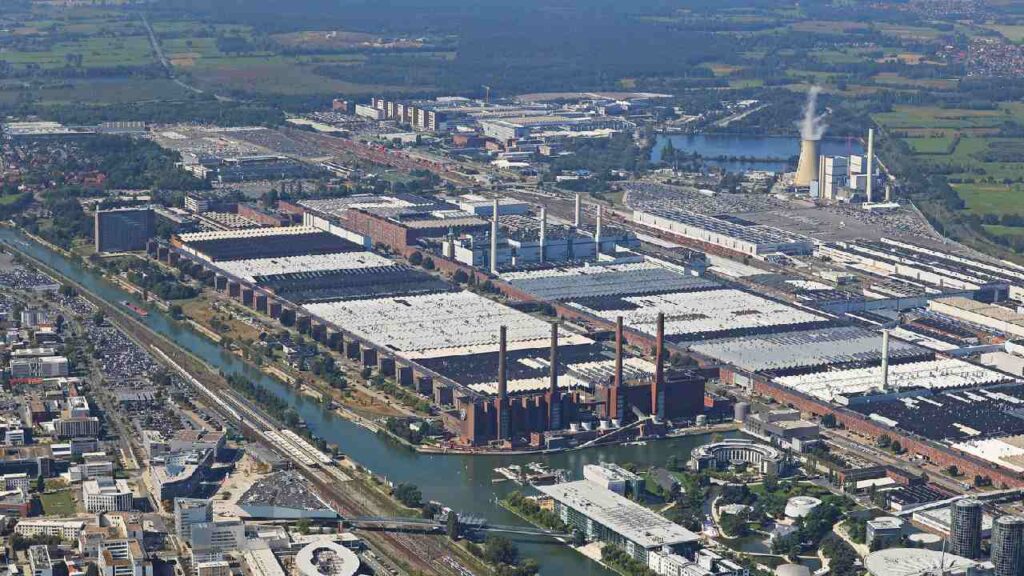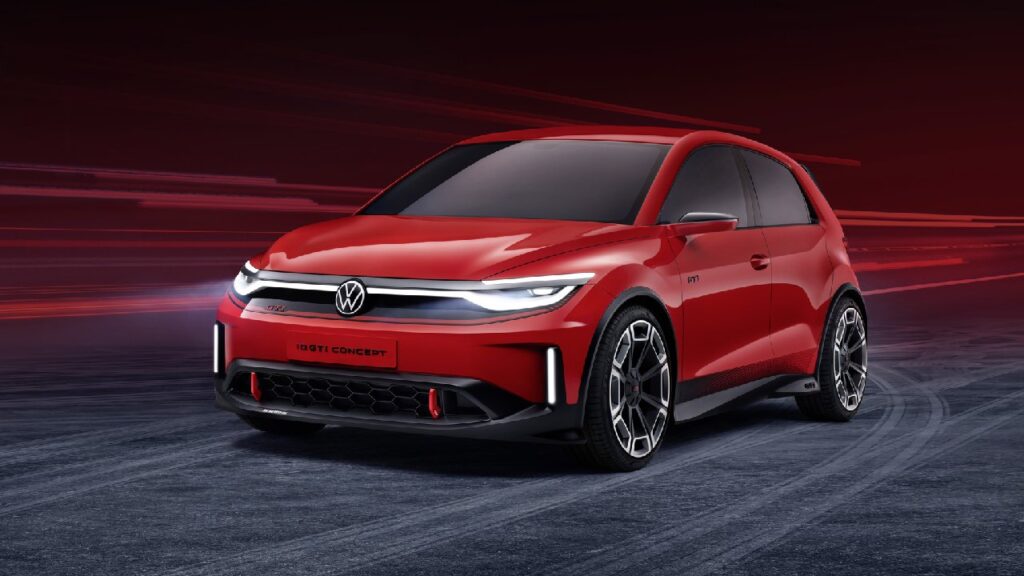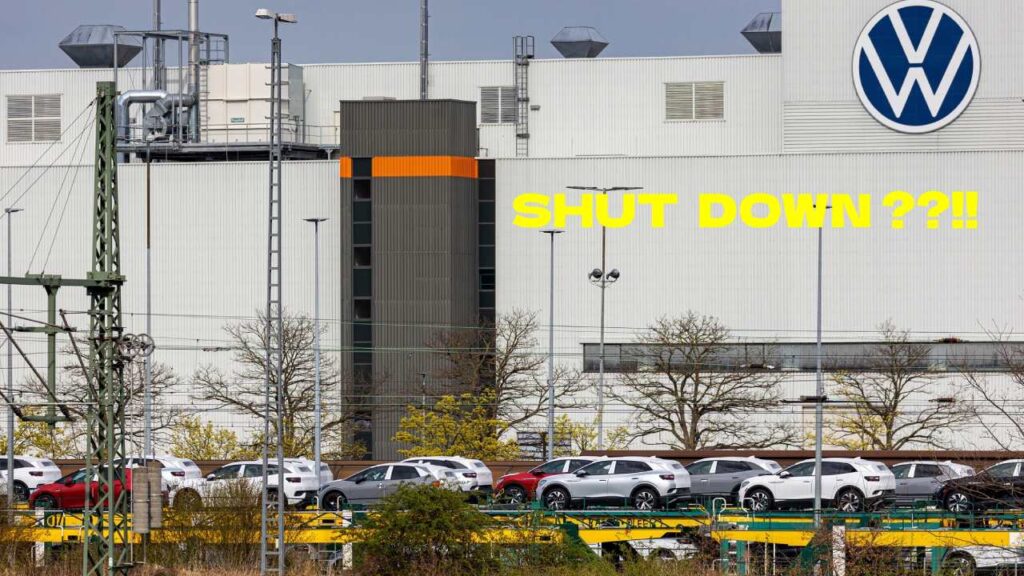The fact that one of the largest carmakers on the planet is having to resort to such extreme measures is indicative of how dire the situation is.
VW might eventually have to shut down its manufacturing plant in Germany for the first time ever in 87 years. The German conglomerate is one of the largest car marques in the world. However, in the last few years, as more new players (particularly from China) emerged in Europe and other parts of the world, the legacy carmakers are evidently having a hard time. We come across reports of huge losses for established car companies. The prime reason is the challenge to transition to electric mobility. That is exactly where new startups and Chinese carmakers are impressing.

You might also like: VW ID GTI Will Focus On Drivability Rather Than Power
VW Might Shut Down Plant In Germany
On Monday, there was a debate between VW CEO Oliver Blume and unions (including IG Metall), which possess significant influence at VW. The Wolfsburg-based car marque cautioned that it would no longer be able to rule out plant closures in Germany. Not just that, it also hinted at the need to end its employment protection agreement. This was a job security program for the workers active since 1994. With these measures, VW aims to secure “urgently needed structural adjustments for greater competitiveness in the short term.”
Oliver Blume stressed the need to “act decisively” to future-proof the company. He remarked, “The European automotive industry is in a very demanding and serious situation. The economic environment has become even tougher, and new competitors are entering the European market. In addition, Germany in particular as a manufacturing location is falling further behind in terms of competitiveness.”
However, this step won’t succeed without resistance from worker unions. Consequently, VW said that all necessary measures would be discussed with the General Works Council and with the prominent industrial union, IG Metall. The former consists of a group of elected staff members who represent the interests of VW’s workforce. In fact, the spokesperson of IG Metall commented that this plan is one that “shakes the foundations of Volkswagen and poses a massive threat to jobs and locations.” IG Metall regional head, Thorsten Gröger said that this plan is “not only short-sighted but also highly dangerous,” and would risk “destroying the heart of Volkswagen.” Gröger also vowed to “fight with all our might” to preserve all sites and jobs.
The potential manufacturing and component plants in Osnabrueck in Lower Saxony, Emden in East Frisia and Dresden in Saxony are the ones which could face closures. Intriguingly, the German state of Lower Saxony is Volkswagen’s second-largest shareholder. That could make things extremely challenging. VW is slated to undergo a cost-cutting drive with an aim of saving €10 billion ($11 billion) by 2026. Ideally, this would’ve supported the EV transitioning phase. However, the German business daily Handelsblatt mentions that VW needs an additional €4 billion in savings.

You might also like: VW ID.3 GTX Performance Gets VW’s Most Powerful Electric Motor
Learn Electric Cars Says
This is looking like a horrible situation for a massive car marque like Volkswagen. This should serve as a testament to how complex and challenging the situation is at the moment. Note that VW operates in all major markets in the world including the U.S., China, Europe, Asia, Australia and Africa. To see such a ginormous conglomerate on the brink of resorting to extreme measures to survive the EV wave is quite heartbreaking.
Having said that, it is also a reminder that the EV transition is not as smooth as one might have imagined. The entry of new players, particularly from China, has made the markets challenging due to their low-cost alternatives. Some of the legacy carmakers are simply not able to catch up. Also, they are not used to facing losses in their near-century-long lifespans. On the other hand, many startups, funded by big players, are ready to do that in order to create enough market for themselves. Once the numbers are there, they will focus on profitability. In any case, it will be interesting to see how VW pulls itself out of this soup.

